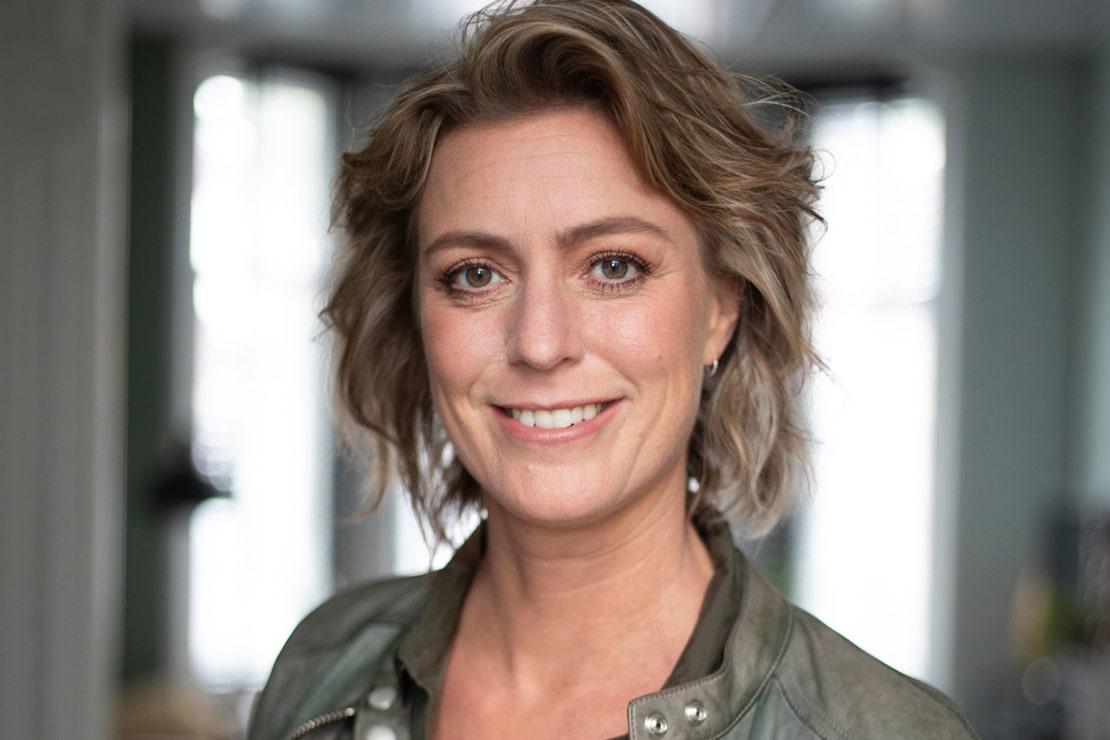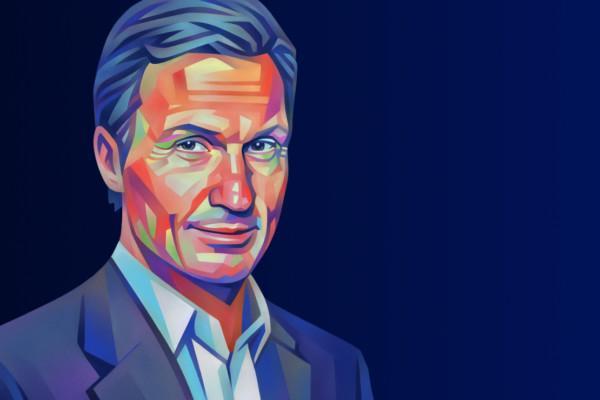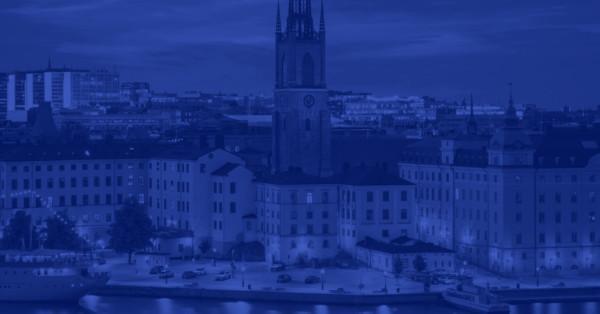16Mar2022
Jitske Kramer is a corporate anthropologist—she asks and answers what it means to be a human among humans in organizations and beyond. Jitske is also a bestselling author of Deep Democracy, Jam Cultures, Work Has Left the Building, and The Corporate Tribe. In her work, Jitske focuses on figuring out how we can build strong tribes that are safe for differences and ready for change.
Jitske will give a keynote at Nordic Business Forum 2022 in Helsinki next September, so we asked her a couple of questions about her presentation and the event theme of future-focused leadership.
Nordic Business Forum: Can you give us a teaser of what to expect from your Nordic Business Forum 2022 presentation?
Jitske Kramer: When a psychologist looks at an organization, they focus on the motives, behavior, and convictions of the individual people who work there. When an economist looks at the same organization, they might come home with stories about cash flow; meanwhile, a business administrator might zero in on work processes. When I, as a corporate anthropologist, look at the organization, I see groups of people bound together by a common culture. Another way of putting it is that I deal in the “spaces” or “invisible lines” between people, that is, the assumptions, beliefs, rules, and norms that they share, that make the group act as a collective and ensure that each group member knows the intention of the collective and how he or she should behave within it.
In other words, as a corporate anthropologist, I look at an organization as a tribe. Now, I am very aware that the word ‘tribe’ has many different, often negative, connotations and meanings across the globe. So, let me clarify. A ‘tribe’ to me, is a more neutral term, which describes how we human beings create social groups to work and live with. Wolves live in packs, and people build tribes. We’ve done so forever, everywhere in the world. And in the way we create our tribes – our communities, families, organizations – we follow certain universal human mechanisms. By understanding these mechanisms and dynamics, we can offer up fresh solutions for building or maintaining a strong organizational culture or restabilizing an organization’s culture when it is in crisis or transition. In my talk, I will aim to share the main anthropological insights that will help leaders to understand and improve their working cultures, to make them fit for the future.
NBF: The theme of the event is future-focused leadership. What does that mean to you?
JK: Culture is not immutable. It is constantly renewing itself in the dialogue and interaction between people. And with every decision, we manifest our views and beliefs in the world. Meaning that every decision we make today has an impact on tomorrow. This places a huge responsibility on all of us and especially those who have the power to define and design the world for others. I believe that focusing on the future challenges us to really face today’s problems and tap into our collective creative power. If we know where we are, we will know where to go. Future-focused leadership requires a strong presence in the present.
NBF: What would you highlight as the most important thing(s) for leaders to focus on in the future?
JK: The future is the domain of not knowing. The future is shaped in our daily actions and in the dreams and stories we all chase. It is up to leaders to give ground and direction to this future-shaping process. To guide their own uncertainty and anxiety and that of their people. To have the guts to stop dysfunctional systems and processes and to facilitate the creation of new ones. To put it in one sentence: to build strong tribes that are life-centered, connect with others where imaginable, fight for their purpose when necessary, heal when needed and say goodbye if there is no other option.
At Nordic Business Forum 2022, Jitske will talk about the post-pandemic working cultures and how these new ways of working are shaping company cultures. To learn more from Jitske, join the NBF 2022 Helsinki event.

 by:
by: 
